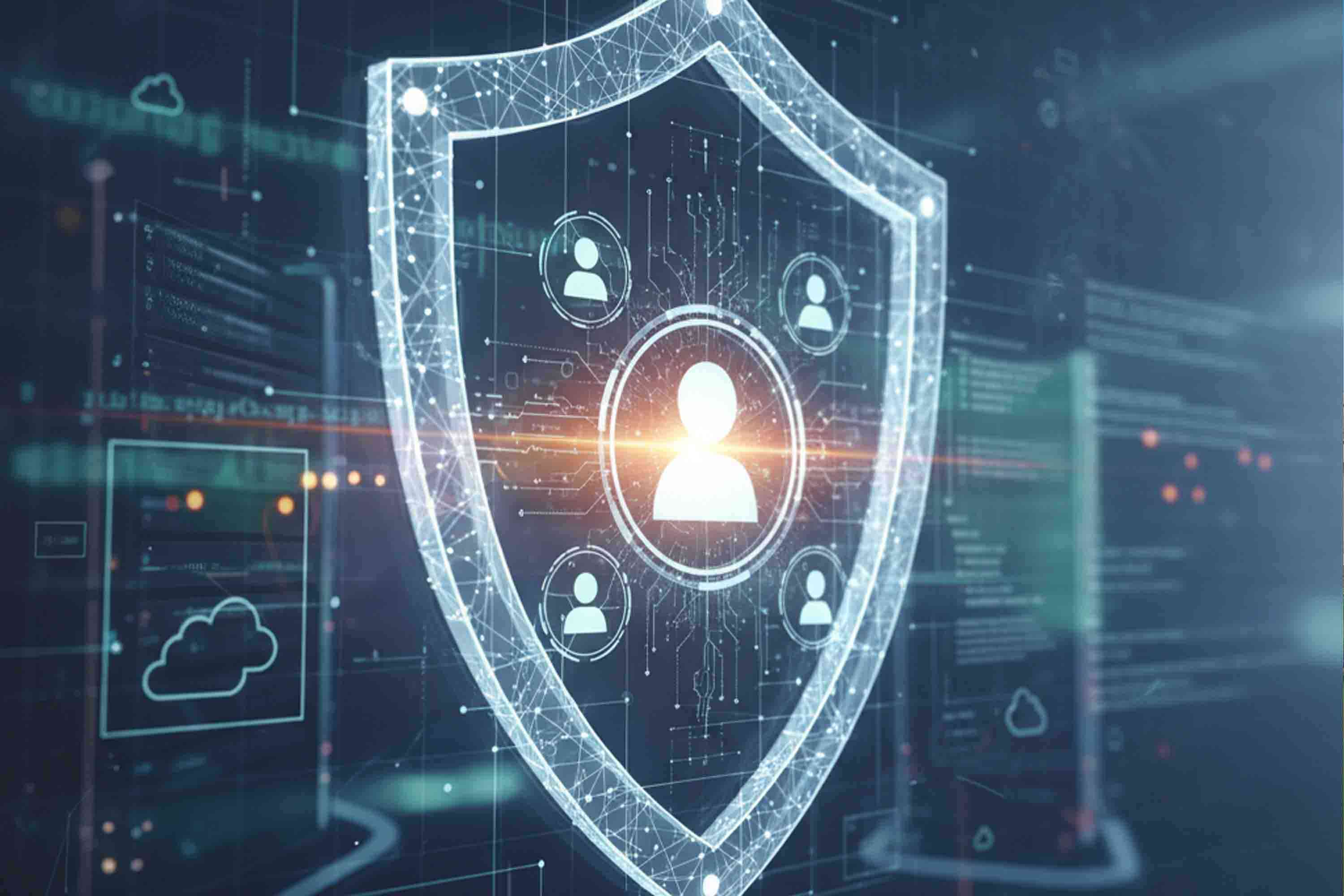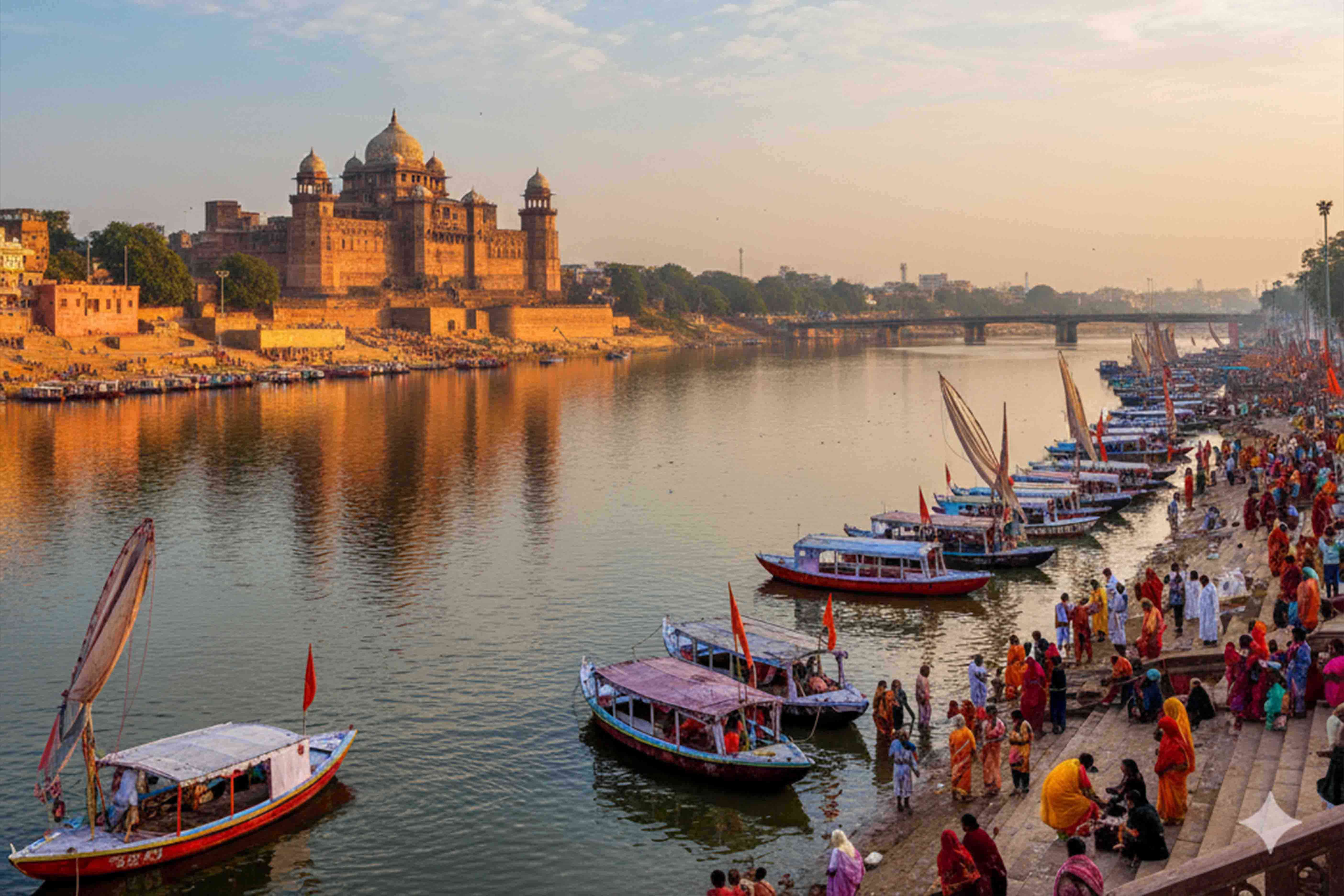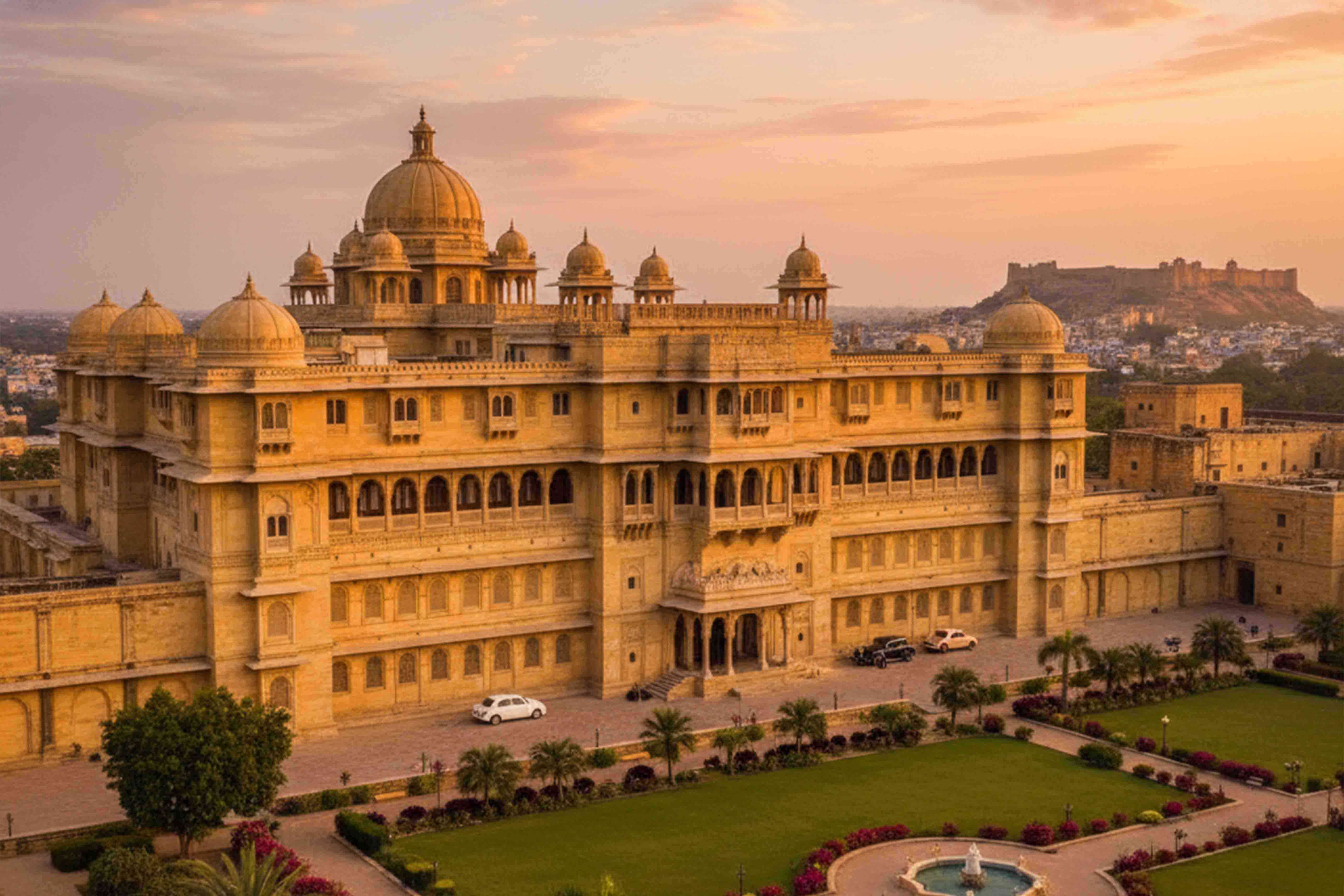
Why Data Privacy Will Be the Next Big War
In the 21st century, wars are no longer fought only on land, air, or sea. The battlefield has shifted to cyberspace, where data is the most valuable weapon. With billions of people online, every click, search, purchase, and conversation creates a digital footprint. Tech giants, governments, and even malicious hackers see this data as gold — fueling the growing tension around data privacy. Experts believe that the next big global war will not be for oil or land, but for data.
1. Data is the New Oil
Just like oil powered the industrial age, data powers the digital age. Companies like Google, Meta, and Amazon thrive because of the massive amount of user data they collect. From targeted ads to AI-driven personalization, data is the backbone of their billion-dollar empires. In India, for example, the digital economy is projected to reach $1 trillion by 2030, and data will be its fuel. The fight for control over this fuel is already on.
2. Governments vs. Big Tech
Governments across the world are realizing the risks of letting private corporations monopolize personal data. In India, the Digital Personal Data Protection Act (DPDP), 2023 was passed to regulate how companies collect, store, and use citizens’ data. Similarly, Europe has the GDPR, and the U.S. is moving towards stricter federal privacy laws. This tussle between state power and corporate power is one of the first signs of the upcoming “data war.”
3. Rise of Cybersecurity Threats
Cyberattacks are no longer limited to stealing credit card details. State-sponsored hackers target critical infrastructure, election systems, and sensitive defense data. India itself faces over 2,000 cyberattacks daily, according to CERT-In reports. The ongoing conflicts, like the Russia-Ukraine war, have shown that cyber warfare can cripple economies without firing a single bullet. Data privacy is not just about personal safety anymore — it’s about national security.
4. The Role of Artificial Intelligence
AI is making the data war more intense. Algorithms feed on vast datasets to become smarter, but the same AI can be used for surveillance, misinformation, or even social manipulation. Think of how Cambridge Analytica influenced elections worldwide through Facebook data leaks. In the coming years, whoever controls the largest datasets will control economic, political, and even cultural power.
5. The Indian Context
India, with its 1.4 billion people, is one of the biggest data mines in the world. From Aadhaar to UPI payments, Indians generate enormous amounts of digital data daily. This makes the country a major player in the data privacy debate. The government is pushing for data localization — ensuring that Indian data stays within the country — but this raises fresh concerns about surveillance and misuse by state agencies. The question becomes: Who guards the guardians?
6. What the Future Holds
The future of data privacy looks like a battlefield where three forces collide:
- Governments wanting control for national security.
- Corporations seeking profits from user insights.
- Citizens demanding rights over their personal data.
Whichever side wins will define how free and secure the digital world becomes. Experts warn that just as wars were once fought for land and later for oil, the wars of the digital era will be fought for data.
Conclusion
The debate around data privacy is no longer optional — it is urgent. As individuals, we need to be more conscious of the apps we use, the permissions we grant, and the information we share online. For businesses and governments, accountability and transparency must be at the center of digital policies. The “next big war” for data privacy is already underway, and how we fight it will shape the future of democracy, economy, and personal freedom.






